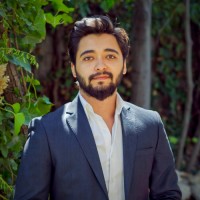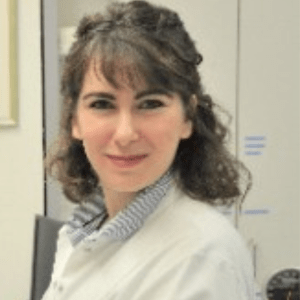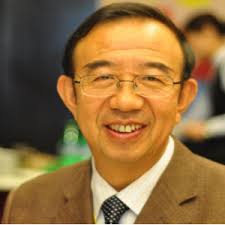CNS Injury, Repair and Inhibition, Excitation Conference
Home/ Scientific Sessions / CNS Injury, Repair and Inhibition, Excitation Conference
Injuries in the central nervous system (CNS), including the brain and spinal cord, can cause serious problems such as movement, emotion or memory loss. Unlike other parts of the body, CNS has limited ability to repair itself. Scientists study how to help fix the brain and spinal cord after injury.
Types
- Primary Injury
- Secondary Injury
- Focal Injury
- Diffuse Injury
- Open / Penetrating Injury
- Closed / Non-Penetrating Injury
The Inhibition is a brain method to slow down or prevent nerve activity to keep things balanced. It acts like a brake, prevents the brain from becoming very active. This process is controlled by special chemicals, called preventive neurotransmitters, such as GABA. Inhibition is important to prevent focus, peace, sleep and overstimulation. When the Inhibition is weak, it can lead to problems such as anxiety, seizures or overdose. A healthy brain stimulation depends on the correct balance between stimulation (activating nerve cells) and Inhibition (calming them). Scientists study Inhibition for better understanding and treating brain disorders such as epilepsy, stress and mood problems.
Excitation means signs that make brain cells more active. The balance between Inhibition and stimulation is important for normal brain function. In serious conditions it can lead to problems such as either seizures or brain damage.
Related Sessions
1.Alzheimers and Parkinsons Diseases
2.Neuroimmunology and Neurological Infections
3 – Cognitive Neuroscience and Psychology
4 – Neuroinformatics and Computational Neuroscience
5 – Neurological Disorders
6 – Neurobiology
7 – Molecular Neuroscience
8 – Pediatric Neurology
9 – Clinical Neurology
10 – Translational Neurology
11 – Neurogenetics
12 – Neurodegenerative Diseases
13 – Neuropsychiatry
14 – Neuroscience Research
15 – Neuropharmacology and Novel Drug Development
16 – Neurological Interventions and Surgery
17 – Artificial Intelligence in Neurology and Neurosurgery
18 – Neuro-ophthalmology and Auditory Neurology
19 – Aging and Neurology
20 – Brain Tumors and Neuro-Oncology
21 – Stroke Diagnosis and Management
22 – Epilepsy and Seizure Disorders
23 – Psychiatric and Behavioral Disorders
24 – Neurovascular Disorders
25 – Neurology and Systemic Disorders
26 – Neurodevelopmental Disorders
27 – Cognitive and Memory Disorders
28 – Neuroinflammation and Brain Disorders
29 – Neurological Rehabilitation
31 – Trauma and Neurocritical Care
33 – Cellular and Systems Neuroscience
35 – Advances in Neuroimaging Techniques
37 – Rare and Complex Brain Disorders
30 – Global Challenges and Public Health
32 – Neurotoxicology
34 – Behavioral Neuroscience and Social Neuroscience
36 – Addiction and Mental Health
Scientific Program
Keynote Speaker – Dr. Zhenhuan LIU (Oral Presentation – In-Person)
Nanhai Maternity and Children Hospital Affiliated to Guangzhou University of Chinese Medicine, China
Keynote Speaker – Dr. Magda Tsolaki – Oral Presentation (Virtual)
Emeritus Professor of Neurology, Aristotle Univesrsity of Thessaloniki, Makedonia, Greece, Chair of the Greek Federation of Alzheimer’s Disease
Keynote Speaker – Dr. Tatsuro Mutoh, MD, PhD, FAAN – Oral Presentation (In-Person)
Department of Neurology, Fujita Health University Hospital, Toyoake, Aichi, Japan
Committee Members
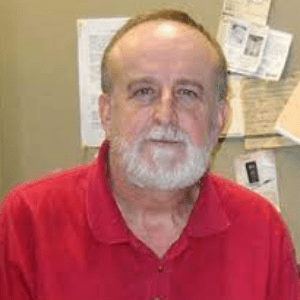
Kenneth B Storey
Carleton University, Canada
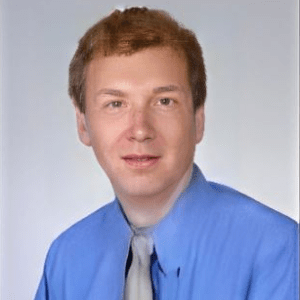
Kindy Mark
University of South Florida, United
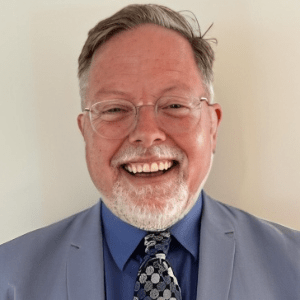
Thomas J Webster
Interstellar Therapeutics, United States
Tags


